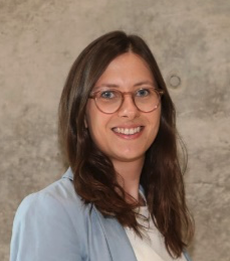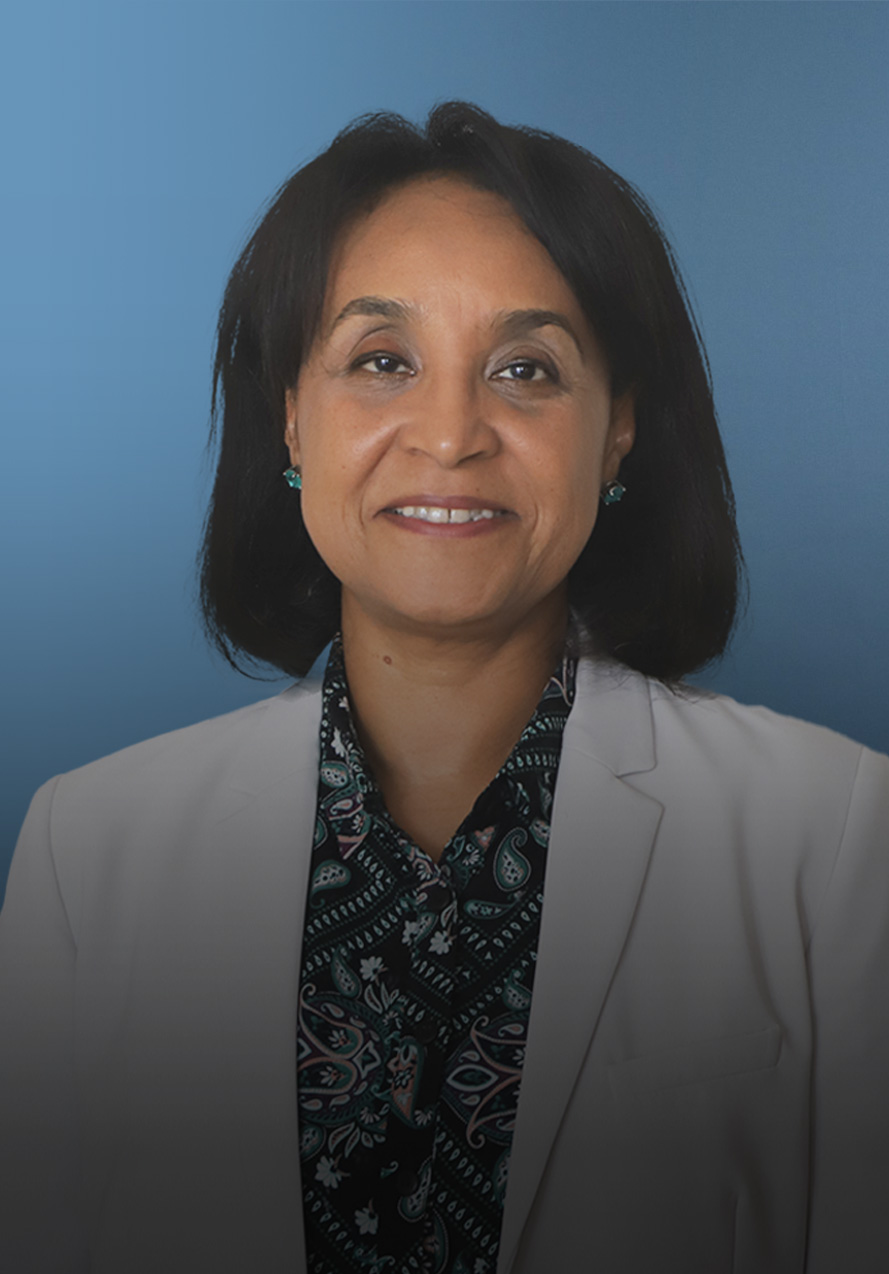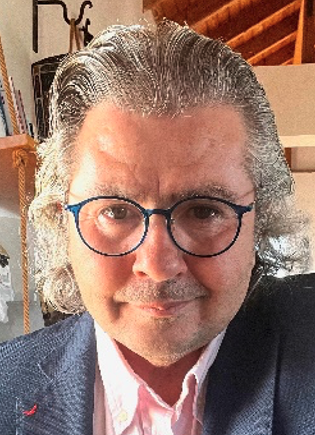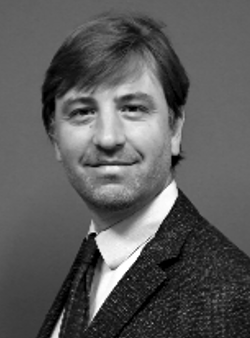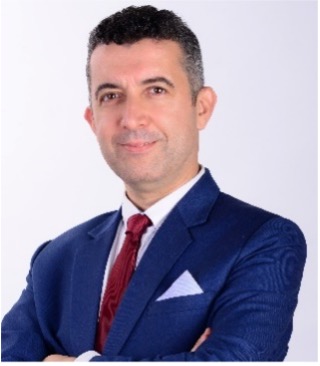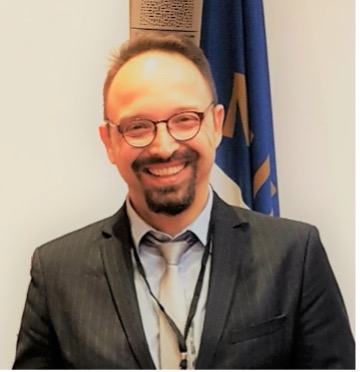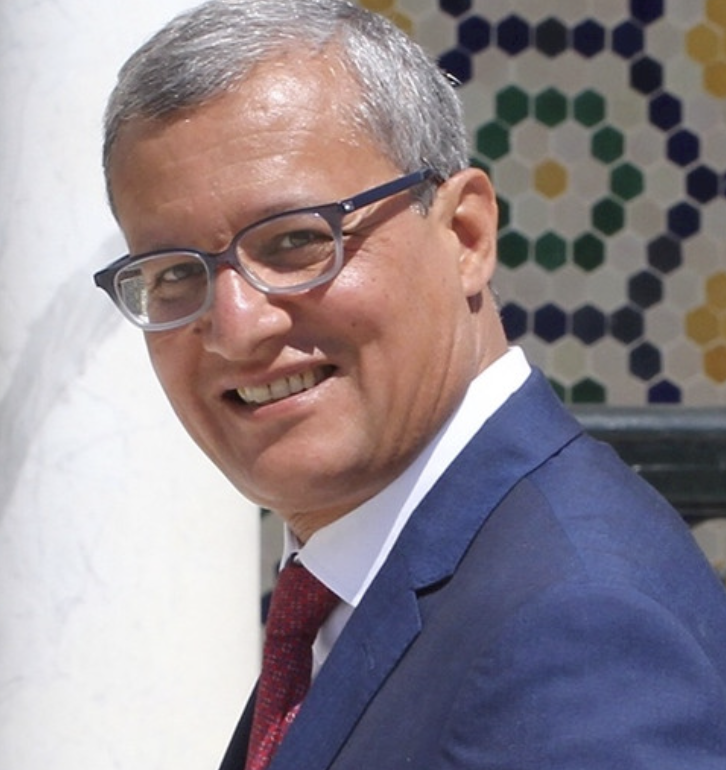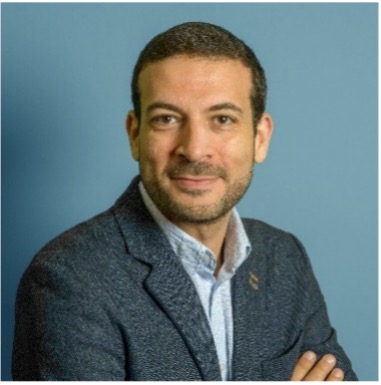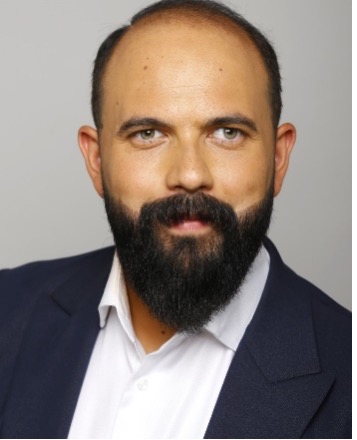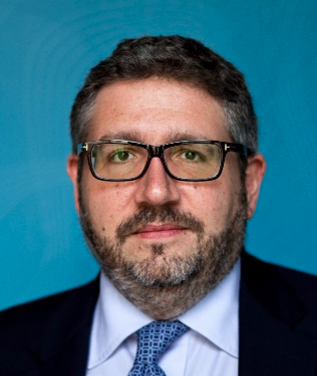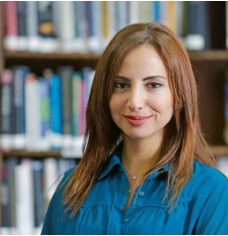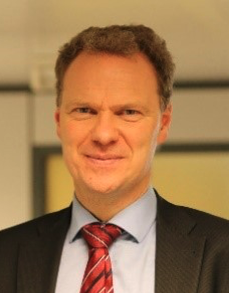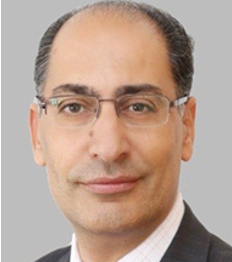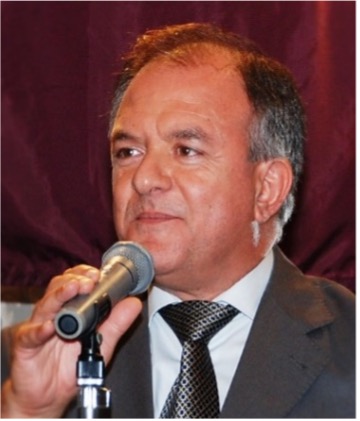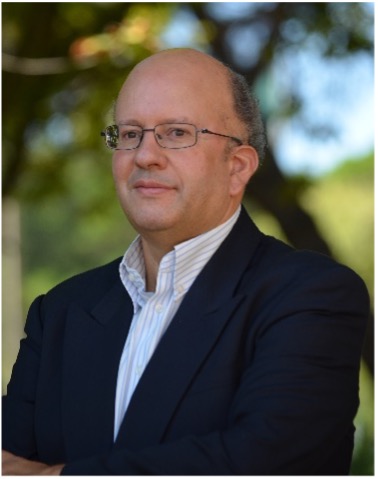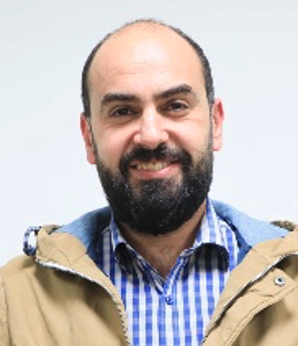Events
Securing Energy, Reshaping Decarbonisation: Reconciling Mediterranean Energy Transitions with Energy Security and Regional Stability
From
To
Against the backdrop of the energy crisis and changing geopolitical dynamics, the Mediterranean region's energy landscape has been decisively reshaped. Rising energy prices, the disruptions of supply chains and political tensions, among others, present risks for the progress of energy transition projects in the region. The energy crisis has thus heavily impacted energy transition plans and roadmaps of Mediterranean countries and has highlighted the question of how to move ahead with the decarbonisation in the Mediterranean region while securing economic development, competitiveness and the availability of affordable energy. It is in this context that the impacts of these developments on the region’s and Europe’s energy security as well as the respective countries’ energy transition ambitions have become crucial points of analysis.
Countries within the Mediterranean region are thus exploring new energy transition pathways, depending on their specific preconditions and strategic outlooks. They are navigating barriers and evaluating prospects for achieving energy security while accelerating the development of renewable energy sources and energy carriers, such as green hydrogen. Mediterranean countries’ challenges and opportunities in this context differ widely: Current energy exporters, such as Morocco, Tunisia and Jordan, are well positioned to profit from the rising demand for clean energy by developing their renewable energy production capacities. Challenges with regards to securing the necessary financing and technologies for these transitions remain, however. Fossil fuel producers and exporters, such as Algeria, Egypt and Israel, who are currently profiting from high prices and demand, will have to invest in diversification of their revenues and speed up their move towards renewable energy production. European Mediterranean countries, such as Italy, Spain and Greece, while grappling with the complexities of energy supply, affordability and decarbonisation in the midst of the crisis, are aiming to establish themselves as new energy hubs in the region. Given this complex landscape of challenges and opportunities, recalibrating strategies for resilient energy transitions while ensuring supply and affordability are key priorities for the countries of the Mediterranean region.
Beyond national strategies, regional cooperation has a crucial role to play in addressing the energy crisis and propelling the countries’ energy transition ambitions. The tensions surrounding abundant gas resources in the Eastern Mediterranean on the one hand, and the historic Lebanon-Israel agreement on maritime borders as well as the creation of the East Mediterranean Gas Forum on the other hand, are evidence to new dynamics of cooperation and confrontation surrounding energy resources in the region. The energy and water deal between Israel, Jordan and the UAE, as another recent example of cooperation, could also provide valuable lessons for regional cooperation around energy.
Against this backdrop, some key questions emerge: How have the energy crisis and changing geopolitical dynamics impacts the drivers of energy transition in the Mediterranean region, including finance, technologies, and policies? What are priorities and models of current energy transition pathways in different countries of the region? How have these changed given the changed circumstances; what further adaptations are necessary to increase the resilience of these strategies? How are changing dynamics of regional cooperation and competition shaping the region?
In order to discuss these and other questions, the Policy Center for the New South (PCNS) and the Regional Programme Energy Security and Climate Change Middle East and North Africa of the Konrad-Adenauer-Stiftung (KAS-REMENA) are inviting a group of selected experts from the wider Mediterranean region to the Kick-Off Meeting for a “Mediterranean Energy Experts Circle”. This meeting will take place in Cadenabbia, Italy.
By bringing together energy and policy experts from both sides of the Mediterranean, the Mediterranean Energy Experts Circle aims to provide a platform for dialogue on current challenges and opportunities for energy security and transition in the Mediterranean. Through interactive discussions, the experts will be able to jointly develop recommendations and approaches for resilient energy transition pathways for the region based on effective policies, advanced technologies and supported by deepened regional cooperation. A focus will lie on the development of regional cooperative approaches to overcome obstacles for the transition to cleaner energy sources throughout the Mediterranean region.
The Mediterranean Energy Experts Circle is envisaged to meet twice a year, once on the Southern and once on the Northern shore of the Mediterranean. For each meeting a theme will be chosen based on current challenges and topics with the input of the members, within the overarching theme of resilience of the energy transition in the Mediterranean region. By fostering connections between the group members, the aim is to motivate ongoing exchange and collaboration beyond the meetings. Members of the network will be encouraged to produce policy papers that provide actionable recommendations for governments and relevant stakeholders to strengthen the resilience of their energy transitions in the face of multifaceted challenges.
Agenda
|
Wednesday, October 11, 2023 |
|
|
19h00 – 19h15 |
Welcoming remarks
Veronika Ertl, Director, Regional Programme Energy Security and Climate Change Middle East and North Africa, Konrad-Adenauer-Stiftung (KAS-REMENA) Mounia Boucetta, Senior Fellow, Policy Center for the New South Heiner Enterich, Managing Director, Villa La Collina |
|
19h15 |
Welcoming dinner |
|
Thursday, October 12, 2023 |
|
|
08h45 – 09h00 |
Opening input
Changing energy geopolitics of the Mediterranean: impact on the drivers for energy transition How have the current energy crisis and its geopolitical implications shaped questions of energy security and transition in the Mediterranean? How have Mediterranean countries adapted their strategies to the changed circumstances? And in how far has the crisis changed the prospects for new technologies, such as green hydrogen? Mehmet Öğütçü, Founder & CEO, Global Resources Partnership, Turkey |
|
09h00 – 10h30 |
Panel 1: Energy Transition Pathways in the Mediterranean What different models and strategies for energy transition are present in Mediterranean countries? What are strategic priority areas? How do the respective countries’ competitive advantages shape these pathways? How do challenges in implementing the strategies compare or differ? And what role do countries envisage for themselves in the Mediterranean energy landscape?
Moderator: Giulia Giordano, Head of International Programmes, ECCO Climate, Italy
Speakers: - Morocco as renewables frontrunner? Barriers and prospects for the production and utilisation of renewable energy sources and green hydrogen Hicham Bouzekri, Director of R&D and Industrial Integration, MASEN, Morocco
- Mediterranean fossil-fuel producers: Challenges in moving from short-term fossil profits to long-term renewable visions Marc-Antoine Eyl-Mazzega, Director, Center for Energy & Climate, Ifri, France
- The Egyptian equilibrium? A balancing act between renewables and fossil fuels Jauad El Kharraz, Director, Regional Center for Renewable Energy and Energy Efficiency (RCREEE), Egypt
- Greece: new energy hub for the Eastern Mediterranean and South East Europe? Michalis Mathioulakis, Academic Director, Greek Energy Forum, Greece |
|
10h30 – 10h45 |
Coffee break |
|
10h45 – 12h15 |
Panel 2: Key Aspects for Resilient Energy Transitions in the Mediterranean
What does a sustainable balance between domestic energy use and export look like, which secures long-term competitiveness? What regulatory and political frameworks are needed to accelerate energy transition, particularly the necessary private sector engagement? What role do challenges related to climate change play for energy transition in the region? And how can the supply of necessary raw materials and technologies for the energy transition be secured?
Moderator: Tamer Khatib, Professor for Renewable Energies, An-Najah National University, Palestinian Territories
Speakers: - Finding a strategic balance: Energy for domestic use vs. export Khaled Kaddour, Independent Consultant & former Minister for Energy, Mines and Renewable Energies, Tunisia
- A story of incentives and red tape: What policy and regulatory framework to accelerate the energy transition? Mounia Boucetta, Senior Fellow, Policy Center for the New South, Morocco
- The wider perspective: energy production under considerations of the water-energy-food nexus Karim Elgendy, Associate Fellow, Chatham House; Non-Resident Fellow, Middle East Institute & Founder, The Carboun Initiative
- Back to basics: Competition and dependencies surrounding critical raw materials and key technology components Dawud Ansari, Associate Researcher, German Institute for International and Security Affairs (SWP), Germany
|
|
12h15 – 13h30 |
Lunch
|
|
13h30 – 15h00 |
Panel 3: Geopolitics of Energy in the Mediterranean: Towards More Competition or Cooperation? What new dynamics of confrontation and cooperation around energy have emerged in the Mediterranean? Are recent agreements, such as the Jordan-Israel-UAE deal on water and energy or the Israel-Lebanon maritime border agreement, indications for a more cooperative energy landscape? What lessons can be learned from existing cooperation formats? How are the increasing shares of renewable energy expected to impact the regional balance of power?
Moderator: Veronika Ertl, Director, Regional Programme Energy Security and Climate Change Middle East and North Africa, Konrad-Adenauer-Stiftung (KAS-REMENA)
Speakers: - Cooperation dynamics surrounding energy in the Eastern Mediterranean: Short-lived efforts or sustainable collaboration? Harry Tzimitras, Director, PRIO Cyprus Centre, Cyprus
- Renewable energy development in the Levant: Changing the regional balance of power? Jessica Obeid, Energy Consultant & Non-Resident Fellow, Middle East Institute, Lebanon
- In the wake of war: A new chapter for EU relations with its Southern Neighbourhood? Florian Ermacora (via Zoom), Head of the North Africa Unit, EU Directorate-General for Neighbourhood and Enlargement Negotiations
- Energy cooperation models in the MENA region: Lessons learned and potentials for scaling-up Ibrahim Saif, Independent Consultant & former Minister of Energy & Mineral Resources, Jordan
|
|
Friday, October 13, 2023 |
|
|
09h00 – 10h30 |
Workshop: Resilient Energy Transition Pathways for Mediterranean Countries What are the main challenges to overcome for Mediterranean countries in their energy transitions? What do economic priorities in terms of energy production and utilisation look like? What political frameworks are necessary? And what role can and should regional cooperation play?
Group 1: Energy exporters Workshop Chair: - Naji Abi-Aad, CEO, Petroleb, Lebanon
Group 2: Energy importers Workshop Chairs: - Khalid Benhamou, Director, Sahara Wind, Morocco - Francisco Ferreira, Associate Professor, Department of Environmental Science and Engineering, Universidade NOVA de Lisboa, Portugal |
|
10h30 – 11h00 |
Presentation of the discussion results and recommendations |
|
11h00 – 11h15 |
Coffee break |
|
11h15 – 12h00 |
Feedback Round & Concluding Remarks Yassine Zegzouti, Research Fellow, Regional Programme Energy Security and Climate Change Middle East and North Africa, Konrad-Adenauer-Stiftung (KAS-REMENA) Veronika Ertl, Director, Regional Programme Energy Security and Climate Change Middle East and North Africa, Konrad-Adenauer-Stiftung (KAS-REMENA) |
|
12h00 |
Lunch |
